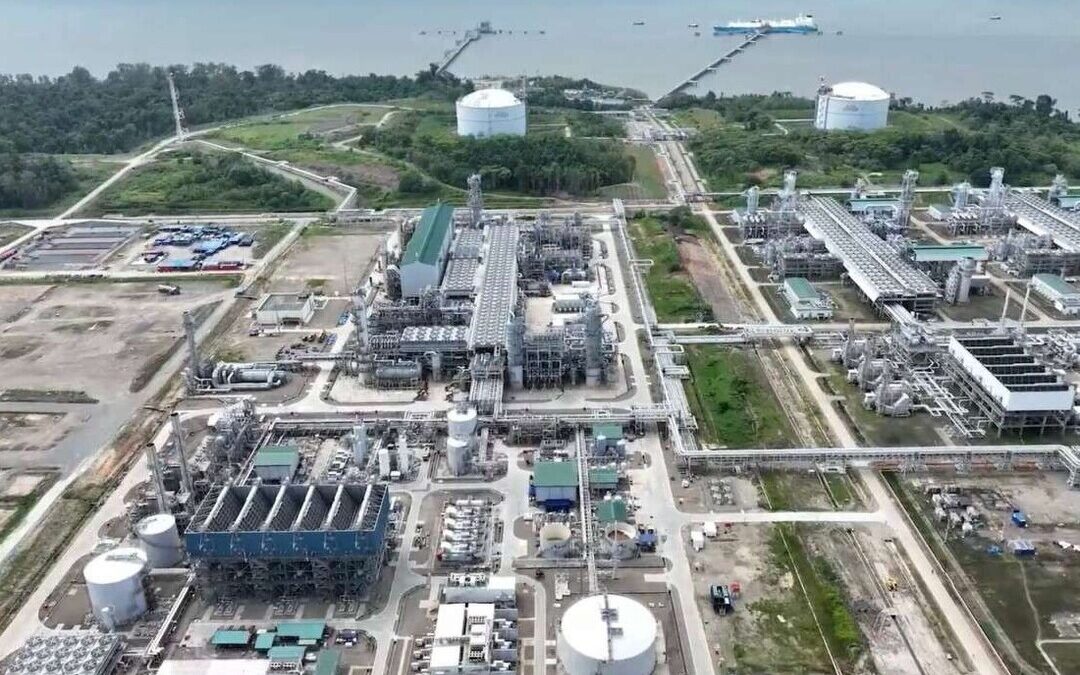BP and Partners Invest $7bn to Develop Tangguh UCC Project in Indonesia
BP invests $7 billion in Indonesia’s first large-scale CCUS project to unlock approximately 3 trillion cubic feet of additional gas resources.
BP and its partners have approved a $7 billion investment to develop the Tangguh Ubadari CCUS Compression project in Papua Barat, Indonesia.
The venture, announced during a meeting between BP’s CEO Murray Auchincloss and Indonesian President Prabowo Subianto in London, aims to unlock approximately 3 trillion cubic feet of additional gas resources and marks a significant step forward in Indonesia’s energy transition.
The Tangguh UCC project is set to feature Indonesia’s first large-scale CCUS initiative, aiming to sequester around 15 million tonnes of carbon dioxide in its initial phase, with the potential for further storage given the area’s substantial capacity.
Production Plans
Production from the Ubadari gas field is expected to commence in 2028, utilizing enhanced gas recovery technology to maximize resource extraction while mitigating emissions.
“This project not only unlocks a fantastic gas resource but also represents an Indonesian first through the use of CCUS to maximize gas recovery,” said Auchincloss. “BP has operated in Indonesia for more than 55 years, and this innovative development reflects the strength of our relationships and technical expertise.”
Tangguh, already a cornerstone of Indonesia’s energy infrastructure, saw its liquefied natural gas capacity expand to 11.4 million tonnes annually with a third LNG train in 2023.
The UCC project builds on this foundation, integrating new offshore and onshore facilities for CO2 removal, processing, and compression. Three injection wells and an offshore injection platform will play pivotal roles in the CCUS system.
BP’s Global Focus
Designated as a national strategic project by the Indonesian government, the UCC development aligns with BP’s global strategy to focus on high-value energy assets while maintaining financial discipline.
The investment meets BP’s stringent returns criteria and underscores its commitment to providing reliable energy while addressing environmental concerns.
The project also reinforces BP’s commitment to local workforce development. Currently, 99 percent of Tangguh’s operational workforce are Indonesians, including 70 percent from Papua.
The company aims to increase the Papuan workforce representation to 85 percent by 2029.
BP operates Tangguh LNG with a 40.22 percent stake alongside partners, including MI Berau B.V., CNOOC Muturi Ltd., Nippon Oil Exploration, and others.
The Indonesian government approved the project’s development plan in 2021, highlighting strong collaboration between public and private stakeholders.
As energy demand across Asia rises, the Tangguh UCC project is positioned to serve high-value regional markets, contributing to Indonesia’s economic growth and environmental sustainability goals.
Also Read:
Petronas Inks Deal with ADNOC, Storegga to Assess Carbon Storage in Malaysia

